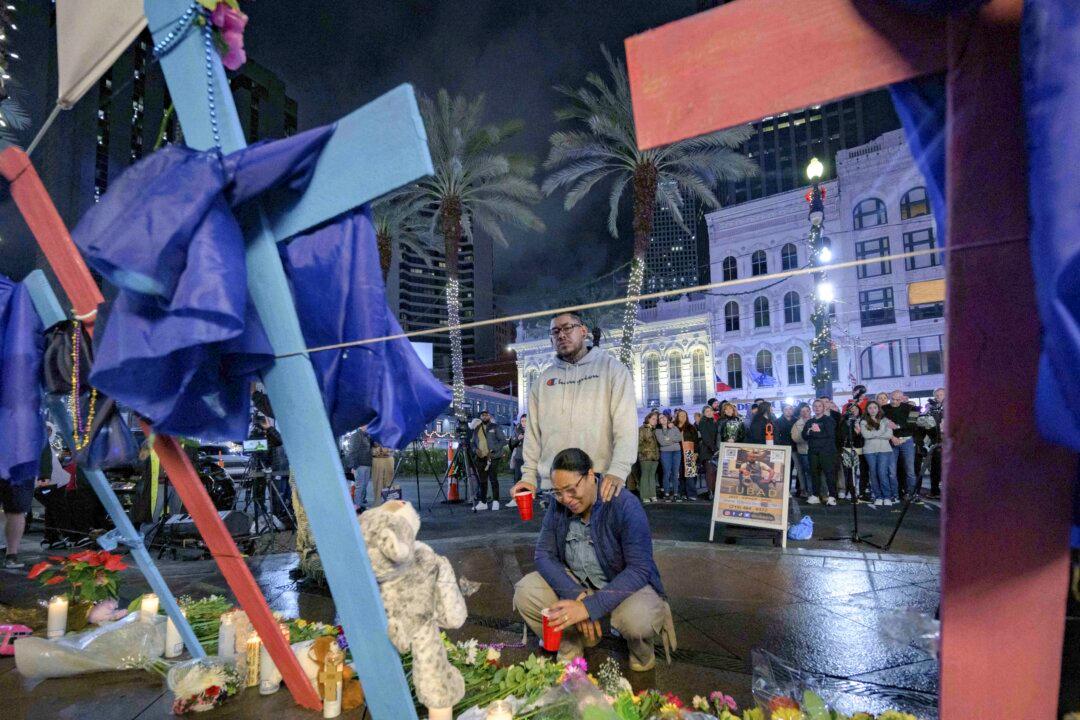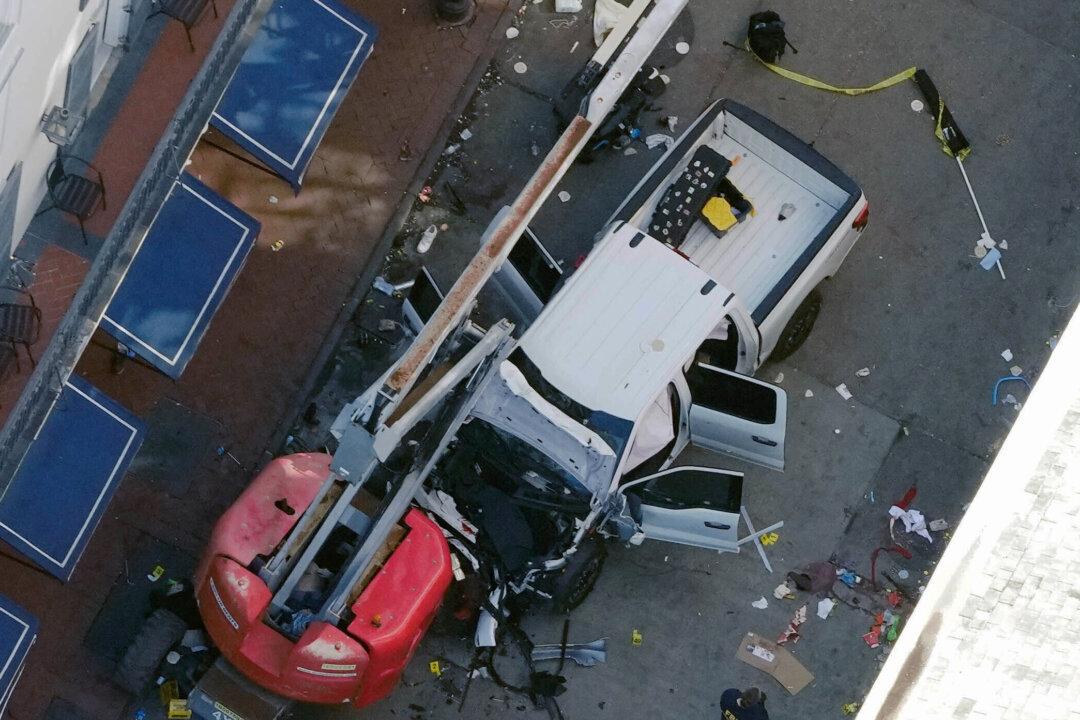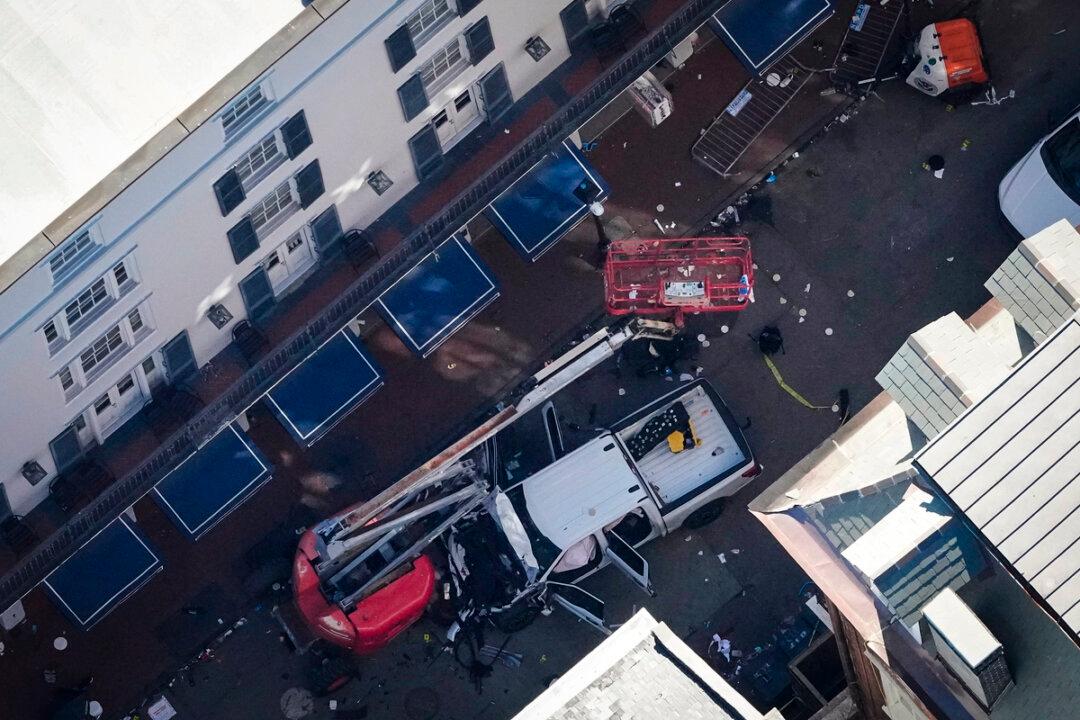Commentary
When I was in high school I was quite proud to read that average Canadians, as well as the government of the day, were front and centre in the effort to bring Vietnamese “boat people” (as they were called then) to our shores.
Upwards of 60,000 refugees fleeing the new communist regime which arose in the wake of the Vietnam War ended up in our country, many of whom were welcomed and provided for by families and groups of ordinary Canadians. For these efforts,
Canada was awarded the Nansen Medal, an honour bestowed by the United Nations for outstanding service to the cause of refugees.
This movement showed the world what Canada was made of and our commitment to helping those in need. That, combined with our regular immigration system through which 400,000 new Canadians are
now admitted every year, makes our nation the envy of many others.
Are we losing this reputation?
When the Taliban retook Afghanistan in 2021, many Afghans who had worked with Canadian diplomatic and military officials needed to be extricated—and fast. The terrorists saw anyone who worked with the hated West as an enemy, and there are
credible reports of killings by the Taliban.
As Canada had a military mission in that country for more than a decade and benefited greatly from local assistance, wouldn’t you think that the federal government would make getting these people out a priority? If so, you would be wrong.
On the contrary, the Trudeau government is
dragging its feet in this regard, exposing Afghans to Taliban retributive punishment. Is this any way to treat those without whose help we could not have operated over there?
It gets worse.
Following a court ruling that mandated the immediate repatriation of Canadian ISIS terrorists who ended up in the Al Hol displacement camp in horrendous conditions (of course, they would not have found themselves there had they not joined ISIS in the first place!), we are now about to find ourselves dealing with the return of citizens who made a conscious decision to join a heinous jihadist organization that participated in unspeakable acts against many. Their victims include the Yazidis, a “nation” the terrorists saw as apostates and, hence, expendable.
And those same Yazidis, some of whom have made it to Canada, are
pleading with the feds NOT to bring these terrorists “home.” Without going into too much disturbing detail, ISIS killed Yazidi men, raped the women, enslaved them, and traded them among one another like animals. As one survivor put it: “[Canada is] offering that same entryway for these very people who raped and tortured us on a daily basis.” And, according to another, “they know in most cases that these folks will not face trial. The evidence is not here and the witnesses aren’t here. They are given a free pass for their part in genocide and terrorism.”
Note that I have been making the same point about witnesses and evidence for years, including in
this Epoch Times piece.
Yet the Canadian government is also not moving heaven and earth to bring Yazidis to safety in Canada. Is there any group more worthy of our time and energy? If so, I’d like to know which one.
The bottom line is that we have lobby groups and a Canadian government that think “Islamophobia” is somehow a bigger threat that Islamist terrorism. This is odd in that the latter kill somewhere north of 10,000 people—mostly Muslim—around the world every year whereas the purported Islamophobes do not. So, we
create a new office and spend $5 million to tell Canadians of this non-existent threat? Yes, Islamophobia is real, but is it any more real—or dangerous—than other forms of discrimination? Does it warrant its own “commissioner”?
What happened to a Canada that went above and beyond helping the world’s needy? Have we truly gotten to the point where politics and interest groups dictate decision-making to that degree? In a world where ISIS terrorists are seen as more worthy of “rescue” than real victims, something has gone badly off the rails.
It is time for the people of Canada to make a decision. Do we want to be led by a government that listens to terrorists, or to victim advocates? I know which side I am on. Where do you stand?
Views expressed in this article are opinions of the author and do not necessarily reflect the views of The Epoch Times.





